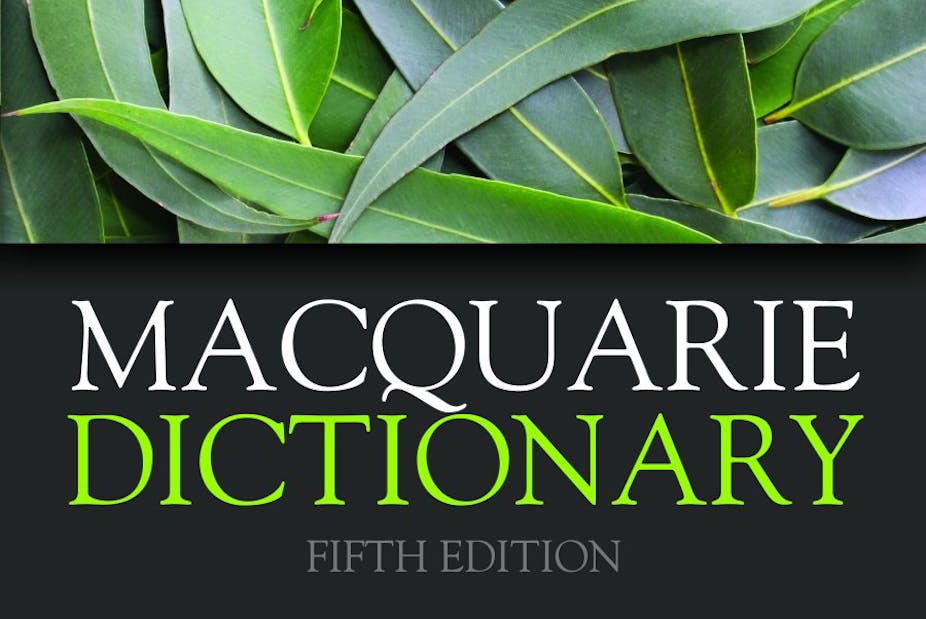As an academic, I often become obsessed with the meaning of words. They lure me in with their conceptual promise, and then I get hooked and tangled on distinctions and disciplinary nuance.
Perhaps unsurprisingly then, that I find myself fascinated by the Macquarie Dictionary’s recent decision to change the definition of misogyny.
In the wake of Prime Minister Gillard’s speech on misogyny in parliament, in particular from Opposition Leader Tony Abbott, Sue Butler, Editor of the Macquarie, made an announcement. She stated that Macquarie were moving from the definition “hatred of women” to reflect current usage, which is as a “synonym for sexism with a stronger edge to it.” She said:
You’re not really saying that they have a pathological sickness, that they should be on a psychiatrist’s couch discussing their relationship with their mother… they merely have what we would think of as sexism, an entrenched prejudice.

In the days leading up to this announcement, I had been bothered by the dithering of commentators over the word misogyny, and in particular the debate over whether or not Tony Abbott deserved to be tarred with it. Julia Baird surprised me on the Drum by equivocating over whether he should be labelled as such.
I have always understood and used the word in its old sense, exactly a hatred of women. And I remain convinced that Tony Abbott, along with many others, is worthy of such a label. Why would I think so, when he clearly does love his wife and daughters, and likes many other women? The answer is that I do not think of hatred merely as a feeling, but as an act, a verb. Macquarie currently defines the word as a noun.
This distinction is important. Tony Abbott is a politician. This means that his main calling in life is to make, and spend his time trying to make, policy that has an impact on your life and mine. He represents his constituents. He speaks in parliament. In all of these forums he has acted in ways that are hateful to women.
I was coming of age politically when the debate over RU486 exploded in Australia in 2005. Despite the AMA’s view that the drug provided a useful and safe alternative to surgical abortion, Abbott used his ministerial discretion as health minister to make the drug widely unavailable.
He argued that this was because it was too risky without medical supervision, focusing almost solely on access to the drug for women in the bush, despite the claims of Nationals Senator Fiona Nash that the drug would be an important step towards evening out abortion access for country women. This situation has only recently been reversed.
Abbott’s actions were hateful towards people who wanted to obtain a medical abortion. Women in Wagga Wagga, for example, are not able to have surgical abortions in their home town but must travel to Albury for what is often a traumatic procedure, adding time, cost and difficulty to the experience. Abbott’s actions directly prevented them from being able to obtain a medical abortion in their home town. This is a hateful action, and as a hateful action, constitutes misogyny.

The capacity to control one’s body is essential to feminism. Feminism cannot simply be about liking women. Frankly I don’t really care whether people like women, though I think they’re missing out if they don’t. What I do care about is whether people, politicians in particular, have an active acceptance of and support for another’s capacity to control her life and body, uterus included.
If being a feminist does not simply equate to liking women, misogyny is not a mere feeling of hatred towards them. It is an attempt to prevent women controlling their own lives, or an attempt to shame them out of participating in public life à la Alan Jones.
Rather than change the meaning of the word, Macquarie should add the second usage while retaining the old one, and note that misogyny is a verb as well as a noun. If we cannot have one definition, we should reflect the diversity of meanings, despite the hooks and tangles this might entail.

